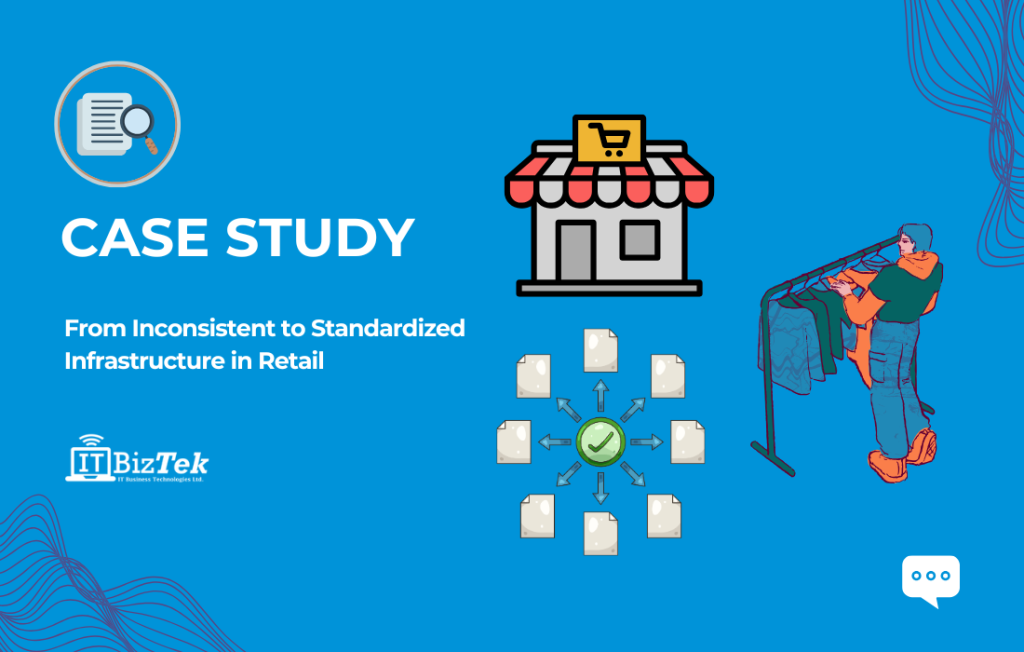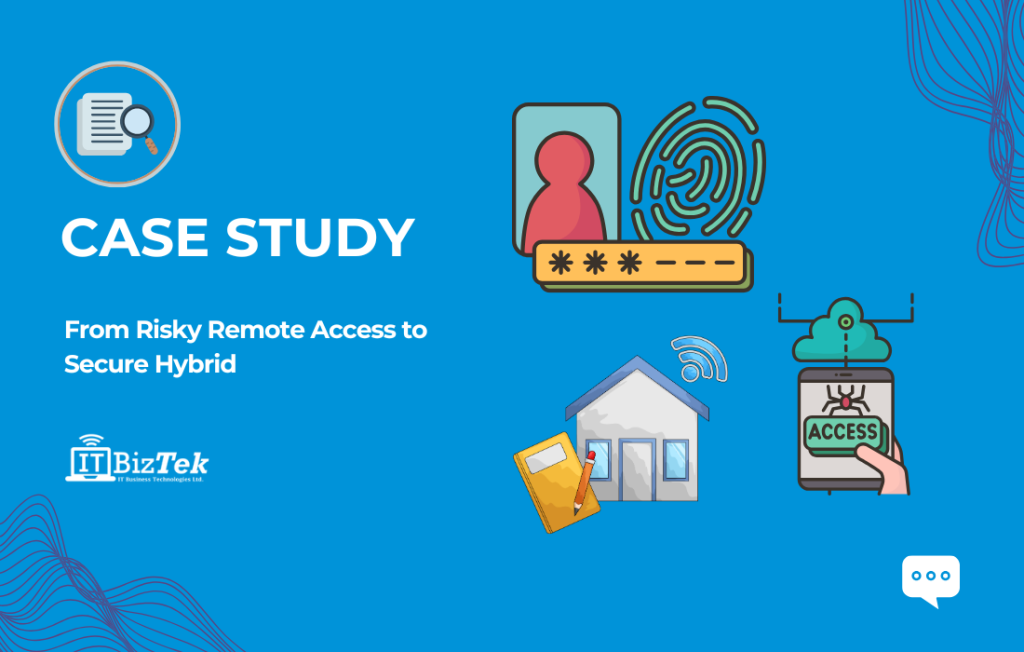Differences In Major Cloud Computing Platforms
Microsoft Azure, Amazon Web Services (AWS), and Google Cloud are three major cloud computing platforms that provide businesses with powerful tools and reliable infrastructure. While all of these services offer similar features like scalability, reliability, and security measures, they also have distinct differences.
Microsoft Azure offers an array of integration options with its vast suite of software solutions. Its user-friendly interface makes it easier to set up and manage than AWS or Google Cloud. Additionally, Azure provides advanced identity management solutions for enhanced monitoring of users’ access to your data—making the platform a secure choice for any business.
On the other hand, Amazon Web Services provides scalability features that enable businesses to adjust their resources based on demand, helping them keep costs low without sacrificing performance. Additionally, AWS houses robust security measures such as encryption protocols and access control lists (ACLs). Lastly, AWS has intuitive analytics tools such as AWS Data Pipeline which allows users to gain real-time insights into their data so they can make informed decisions quickly.
Finally, there’s Google Cloud which boasts a 99.95% uptime guarantee and a useful range of cost-effective pricing models—so you get maximum performance when it’s needed most without having to spend extra money on additional resources. Furthermore, it houses powerful analytics tools such as BigQuery which allows users to gain insights into their data so they can make timely decisions on their data accordingly.
All three cloud providers offer excellent services but depending on your budget and needs, one may be more suitable than the others so take some time to explore each platform in detail before making a decision.
Microsoft Azure
Microsoft Azure is one of the most popular cloud computing services on the market today. It offers a range of powerful tools and resources for businesses that need to manage complex workloads, store sensitive data in the cloud, or run applications securely. With Azure, companies can take advantage of scalability, reliability, cost-effectiveness, and increased agility. In this blog, we’ll look at some of the key features of Azure and how they can help businesses maximize productivity and optimize workloads.
First off, Microsoft Azure features an integrated platform that allows developers to quickly create and deploy applications using Development Operations and automated deployments. This helps ensure that applications remain up-to-date and secure while enabling developers to quickly address any technical issues as they arise. Additionally, Azure offers a wide range of third-party application integration options as well as support for hybrid cloud environments and multi-tenancy models. This allows businesses to easily integrate their existing hardware with the cloud for maximum performance.
Azure also provides a number of enterprise-level security features such as identity management solutions, encryption protocols, virtual networks, access control lists (ACLs), compliance auditing capabilities, data loss prevention (DLP) solutions, advanced threat protection services, and more. All these features serve to help secure your data against cyber threats while providing greater control over who has access to it.
Finally, Microsoft Azure provides powerful analytics tools such as HDInsight and Power BI that allow users to gain real-time insights into their data so they can make effective decisions quickly. These tools provide comprehensive visualizations of data in various forms including charts, tables, graphs, and more –allowing users to get maximum value from their stored information.
Microsoft Azure is an incredibly versatile platform that not only provides powerful tools for businesses but also boasts high levels of security and reliability—making it a great choice for any organization looking to take advantage of cloud technology.
Google Cloud
Google Cloud is an innovative cloud platform that provides businesses with an intuitive, cost-effective way to store and manage data. With its easy-to-use tools and reliable infrastructure, Google Cloud offers a wide range of features for businesses of all sizes. In this blog, we’ll explore some of the key benefits of using Google Cloud and how it can help your business succeed.
First off, Google Cloud is incredibly reliable and secure—two key components for any successful business. It provides customers with close to 100% uptime guarantee and has robust security measures in place to protect against cyber threats including encryption protocols, identity management solutions, virtual networks, access control lists (ACLs), compliance auditing capabilities, data loss prevention (DLP) solutions, advanced threat protection services and more.
Google Cloud also provides scalability which means you can quickly scale up or down as needed in order to accommodate changing workloads or customer demands. This allows businesses to keep costs low while still having the power they need to handle complex tasks. Additionally, Google Cloud boasts competitive pricing models that make it easy for businesses to budget their expenses without sacrificing performance or reliability.
Furthermore, Google Cloud houses powerful analytics tools such as BigQuery which allow users to gain real-time insights into their data so they can make informed decisions quickly. These tools provide comprehensive visualizations of various forms of data—from charts and tables to graphs—enabling users to maximize the value of their stored information.
Google Cloud is an excellent choice for any business looking not only for reliable cloud computing services but also strong security measures and powerful analytics capabilities as well.
Amazon Web Services
Amazon Web Services (AWS) is a cloud computing platform that provides businesses with a cost-effective and reliable way to store and manage data. With its easy-to-use tools, scalability features, and robust infrastructure, AWS has become the go-to solution for businesses of all sizes looking to take advantage of cloud technology. In this blog, we’ll explore some of the key benefits of using AWS and how it can help your business succeed.
First off, Amazon Web Services provides customers with incredible reliability and robust security measures such as encryption protocols, identity management solutions, virtual networks, access control lists (ACLs), compliance auditing capabilities, data loss prevention (DLP) solutions, advanced threat protection services and more—allowing businesses to securely store their data in the cloud. Additionally, Amazon Web Services houses powerful analytics tools such as AWS Data Pipeline which allow users to gain real-time insights into their data so they can make informed decisions quickly. These tools provide comprehensive visualizations of various forms of data—from charts and tables to graphs—enabling users to maximize the value of their stored information.
Another great benefit that comes with using Amazon Web Services is scalability. With just a few clicks you can quickly scale up or down as needed in order to accommodate changing workloads or customer demands—so your company gets maximum performance when it’s needed most without having to spend extra money on additional resources. Lastly, Amazon Web Services offers competitive pricing models that make it easy for businesses to budget their expenses without sacrificing reliability or performance.
All in all, Amazon Web Services is an excellent choice for any business interested in taking advantage of cloud computing but also needing strong security measures and powerful analytics capabilities.
ITBizTek can help you figure out what cloud computing service is best for you and your business. No matter the size of your business, ITBizTek offers full-service and comprehensive IT services. From cloud infrastructure management to cloud data backup, your business and its precious network will always have the best protection.









